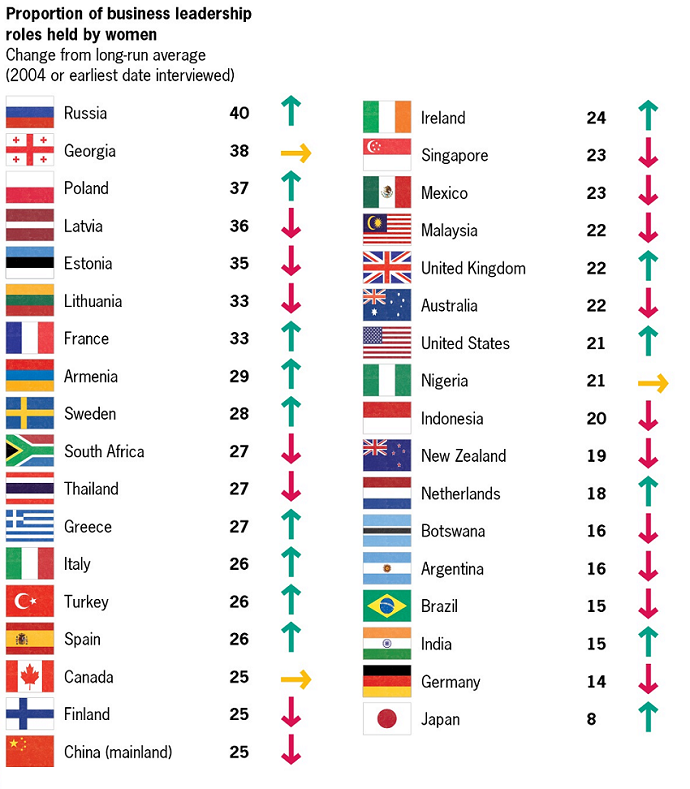Nos services
Optimiser et sécuriser en France et à l’International la situation fiscale de votre entreprise
-
Pilotage de la politique fiscale
Pilotage de la politique fiscale
-
Gestion de la croissance
Gestion de la croissance
-
Contrôle et contentieux fiscal
Contrôle et contentieux fiscal
Insight :


Alerte fiscale
Loi de Finances pour 2025
La loi n°2025-127 du 14 février 2025 de finances pour 2025 (« LF25 ») a été publiée au journal officiel (JORF), après validation par le Conseil Constitutionnel.
Fiscalité transactionnelle
Une problématique stratégique qui concerne toutes les entreprises multinationales, quelle que soit leur taille.
-
Structuration stratégique et sécurisée des prix de transfert
Accompagnement à la définition d’une structuration stratégique et sécurisée des prix de transfert
-
Activités à l’international et Business restructuring
Accompagnement au développement des activités à l’international et aux réorganisations opérationnelles « Business restructuring »
-
Contrôles fiscaux en matière de prix de transfert
Assurer la défense des pratiques dans le cadre des contrôles fiscaux et de leur suite
-
Obligations déclaratives accrues et généralisées
Répondre aux obligations déclaratives accrues et généralisées
Insight :


Alerte fiscale
Déclaration annuelle des prix de transfert
La déclaration relative à la politique de prix de transfert (formulaire 2257-SD) doit obligatoirement être télédéclarée dans les six mois qui suivent la date limite de dépôt de la liasse fiscale.
TVA
-
TVA domestique et internationale applicable à vos flux
TVA domestique et internationale applicable à vos flux
-
TVA bancaire et financière, TVA dans le secteur assurance
TVA bancaire et financière, TVA dans le secteur assurance
-
TVA immobilière et droits d’enregistrement (DE)
TVA immobilière et droits d’enregistrement (DE)
-
TVA dans le secteur public et associatif
TVA dans le secteur public et associatif
-
TVA, contentieux fiscal et relations avec l’Administration
Contrôle fiscal, contentieux fiscal et relations avec l’Administration fiscale
-
Règles applicables en matière de facturation
Règles applicables en matière de facturation
-
Problématiques douanières liées à vos flux internationaux
Problématiques douanières liées à vos flux internationaux
-
Obligations déclaratives et d’immatriculation à la TVA
Obligations d’immatriculation à la TVA et obligations déclaratives (TVA, DEB, DES)
-
Taxe sur les salaires
Taxe sur les salaires
-
Autres taxes indirectes
Autres taxes indirectes
Insight :


Fiscalité Patrimoniale
-
Le Diag Transmission
Nous vous aidons à anticiper et appréhender votre opération de transmission
Insight :


Alerte fiscale
Loi de finances 2025
La loi de finances pour 2025 a été adoptée par le Parlement, le 6 février 2025 et promulguée, le 14 février 2025.
Conseil et assistance en matière de droit économique
-
Stratégie de distribution
Mise en place et structuration de votre stratégie de distribution
-
Digitalisation des activités de distribution
Digitalisation des activités de distribution
-
Relations entre fournisseurs et distributeurs
Gérer vos relations avec vos fournisseurs et distributeurs
-
Politique contractuelle des entreprises
Mise en place et structuration de votre politique contractuelle
-
Contrôle et contentieux en matière de délais de paiement
Contrôle et contentieux en matière de délais de paiement
-
Relations commerciales avec les consommateurs
Organisation et sécurisation de vos relations commerciales avec les consommateurs
-
Droit des données personnelles - RGPD
Droit des données personnelles – conseil en RGPD
-
Baux commerciaux
Un accompagnement dans la gestion et le Contract Management des baux commerciaux.
Insight :


Droit social et ressources humaines : agir en tant que partenaire de la stratégie sociale de l’entreprise.
-
Prestations traditionnelles
Prestations traditionnelles en droit social
-
Santé au travail et qualité de vie au travail
Assurer une plus grande souplesse dans l’organisation du temps de travail et améliorer la qualité de vie au travail
-
Audit du Management des Ressources Humaines
Auditer des prestations de service de la fonction RH au Groupe
-
Ingénierie RH & People Change
Mettre en place des réponses managériales en réponse aux enjeux stratégiques de l’entreprise
-
Gestion de la conformité RH et des enquêtes internes
Gestion de la conformité RH : harcèlement, discrimination et dénonciation…
Insight :


Replay webinar
Loi Partage de la valeur : nouvelles obligations en 2025
Découvrez le replay de notre webinar : Loi Partage de la valeur - Nouvelles obligations en 2025
Sécuriser les évolutions juridiques de votre entreprise en France et à l’étranger
-
Conseil dans la structuration juridique
Conseil dans la structuration juridique
-
Gestion courante des entreprises
Gestion courante des entreprises
-
Réorganisation d’entreprises
Réorganisation d’entreprises
-
Cession et acquisition d’entreprises
Cession et acquisition d’entreprises
-
Evolution de l’actionnariat – Emission de valeurs mobilières
Evolution de l’actionnariat – Emission de valeurs mobilières
-
Gouvernance et maîtrise des risques juridiques
Gouvernance et maîtrise des risques juridiques
Insight :


Newsletter
Actionnariat salarié et Management package – décembre 2024
En mettant en place un dispositif d’actionnariat salarié, l’entreprise associe durablement ses collaborateurs à ses résultats et la rend plus attractive.
Maîtrisez la mobilité internationale au sein de votre groupe
-
Développement d’une politique de mobilité internationale
Développement d’une politique de mobilité internationale
-
Mobilité - Obligations déclaratives des salariés
Coordination des obligations déclaratives des salariés en situation de mobilité
-
Conseil en matière de sécurité sociale
Conseil en matière de sécurité sociale
-
Assistance en matière de droit du travail
Assistance en matière de droit du travail
Insight :


Alerte fiscale
Management package et actionnariat salarié
Le 6 février dernier, le Sénat a adopté les conclusions de la commission mixte paritaire sur le projet de loi de finances 2025. La loi de finances sera promulguée après examen du Conseil constitutionnel.
Une bonne gestion de la propriété intellectuelle est indispensable à la réussite de vos projets.
-
La gestion et l’exploitation de vos portefeuilles de droits
Nous établissons avec nos clients la politique de protection de leurs droits de propriété intellectuelle la plus adaptée à leurs projets.
-
La sécurisation de vos projets : conseil et rédaction contractuelle
Conseil en matière de propriété intellectuelle, de droit de la publicité, politique contractuelle en matière de droit d’auteur et droit à l’image.
-
La défense de vos droits : précontentieux et contentieux
La défense de vos droits : détection des atteintes, précontentieux et contentieux
Insight :


Alerte juridique
Coup dur pour l’AOP Porto
Deux récentes décisions ont été rendues par le Tribunal de l’Union européenne, le 26 février dernier, au sujet de l’AOP Porto.
Chez Grant Thornton Société d’Avocats, nous vous offrons l’occasion de vivre l'Expérience de la Confiance en révélant le meilleur de vous-même.
Nous vous offrons l’occasion de vivre l'Expérience de la Confiance en révélant le meilleur de vous-même au sein d’équipes conviviales et soudées.
Nous choisir pour évoluer dans une culture inclusive et bienveillante, et pour une évolution de carrière structurée.
Découvrez notre politique et notre processus de recrutement.
Grant Thornton Société d’Avocats vous propose un parcours de formation sur-mesure pour vous permettre d’évoluer.
Grant Thornton Société d’Avocats est le cabinet pluridisciplinaire qui appréhende les enjeux d’un monde en profonde mutation grâce à une équipe de...
Grant Thornton constitue aujourd’hui l’une des organisations mondiales les plus puissantes du marché, regroupant plus de 76 000 professionnels de l’Audit et du...
Grant Thornton Société d’Avocats s’engage pour la place des femmes au sein de l’entreprise.
Découvrez nos 5 engagements RSE en lien avec les Objectifs de Développement Durable des Nations Unies.














